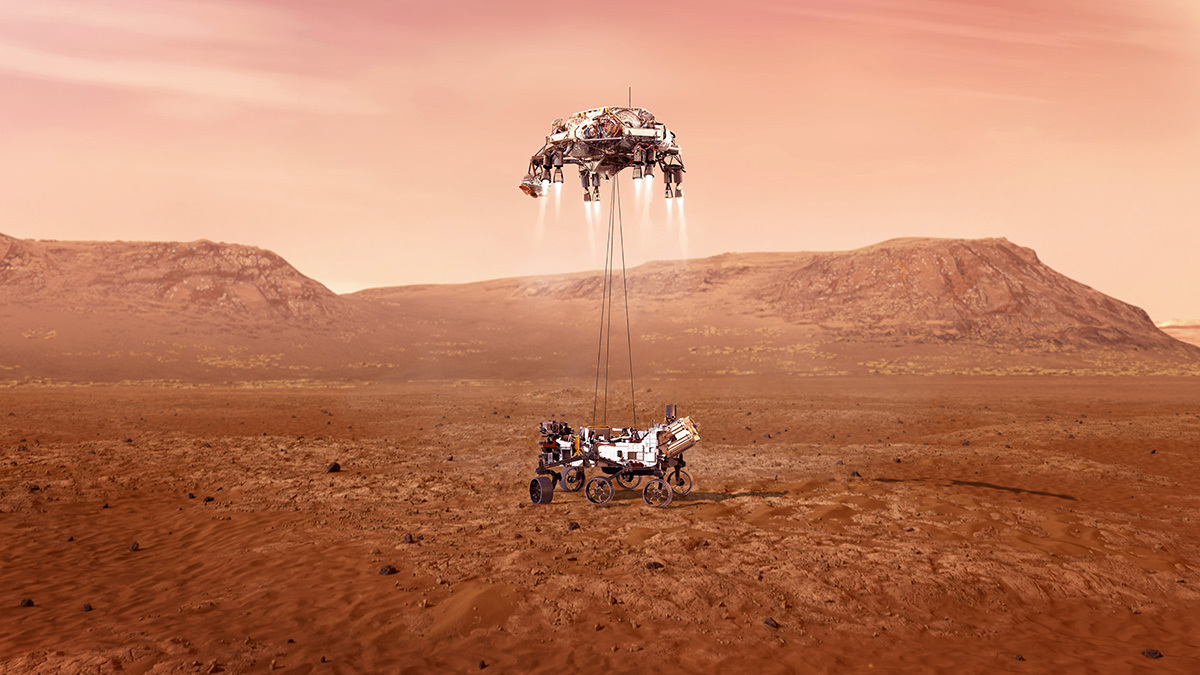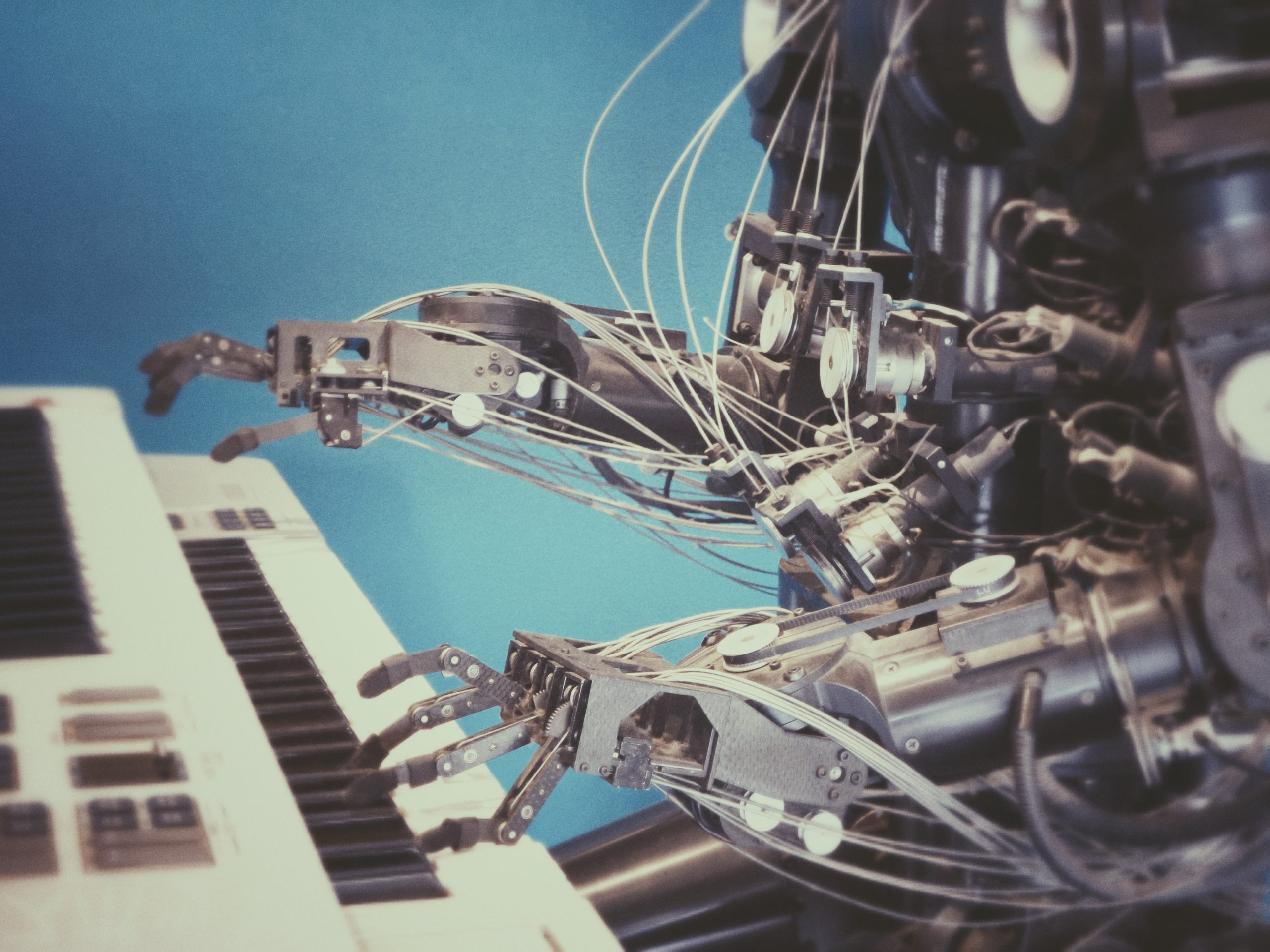Announcing weekly book reviews!
I’ve always been a reader. I read books from shelf to shelf. I think that qualifies me to give some reviews on some of the stuff I’ve read. So from today onwards, I will be putting up a weekly book review! Keep in mind I’m something of a science-fiction geek, so a lot of you will find yourself mildly annoyed. Let me know if you do 😉
Today’s recommendation: The Rationing by Charles Wheelan.
Set in the near future, the world is thrown into dissaray with a pathogen, a type of lurking virus turned deadly. The book focuses on the effects of that pathogen in the US, told by a low-level scientist in the National Institute of Health, and his experiences.
The White House attempts to control the narrative while treading the thin line between truth and hysteria.
What was really interesting for me reading this book, and probably those of you who will choose to do so as well is how it portrayed politics, and the author’s predictions on the state of affairs and an independent president in the White House.
I think it offers a glimpse into the heart of the nation, in the wake of a disaster.
I would absolutely recommend it to anyone who’s fond of science fiction, as well of those who aren’t. The reactions and characters are representative of different blocks of society, and carry meaning, even though they are told by a narrative who is influenced by his own biases.
Check it out and let me know what you think!


